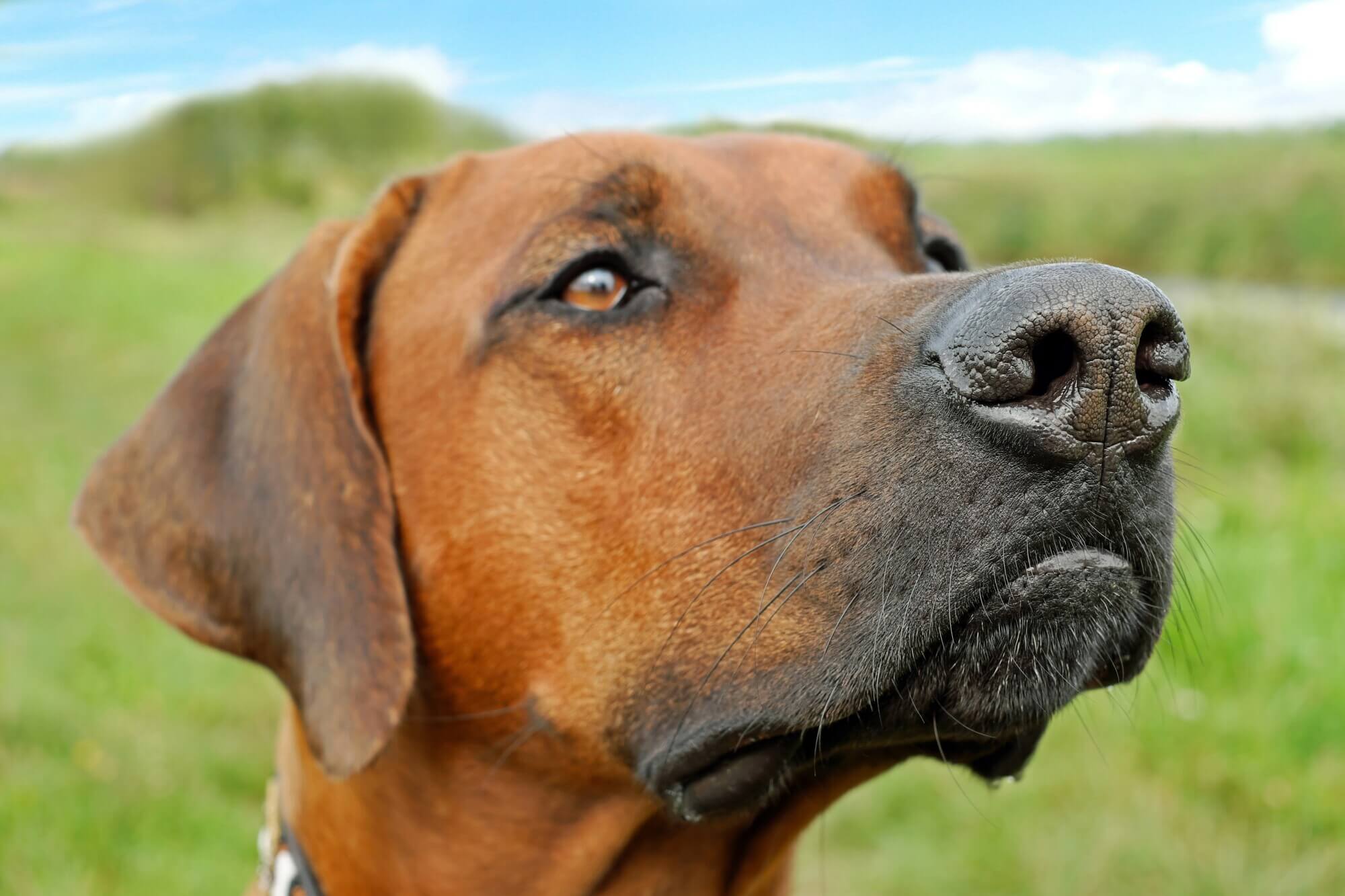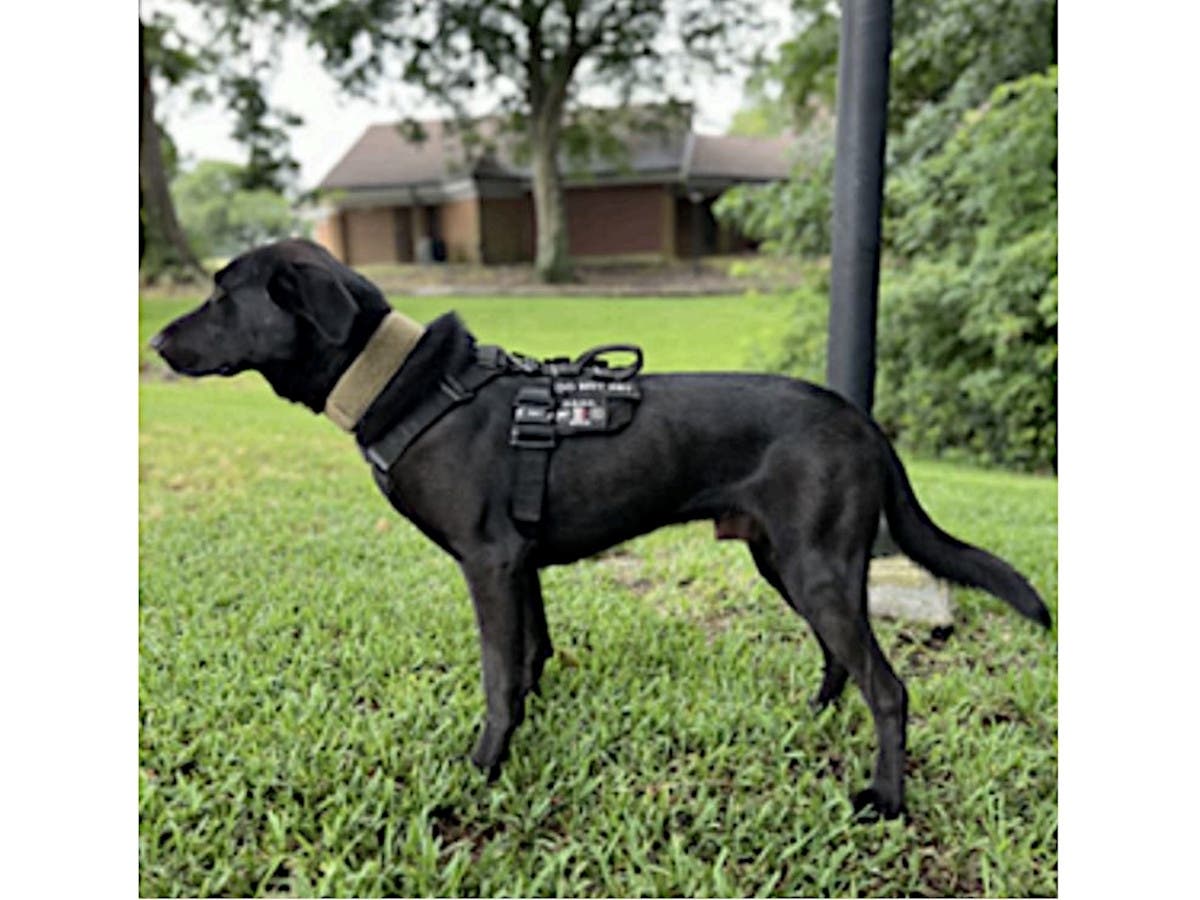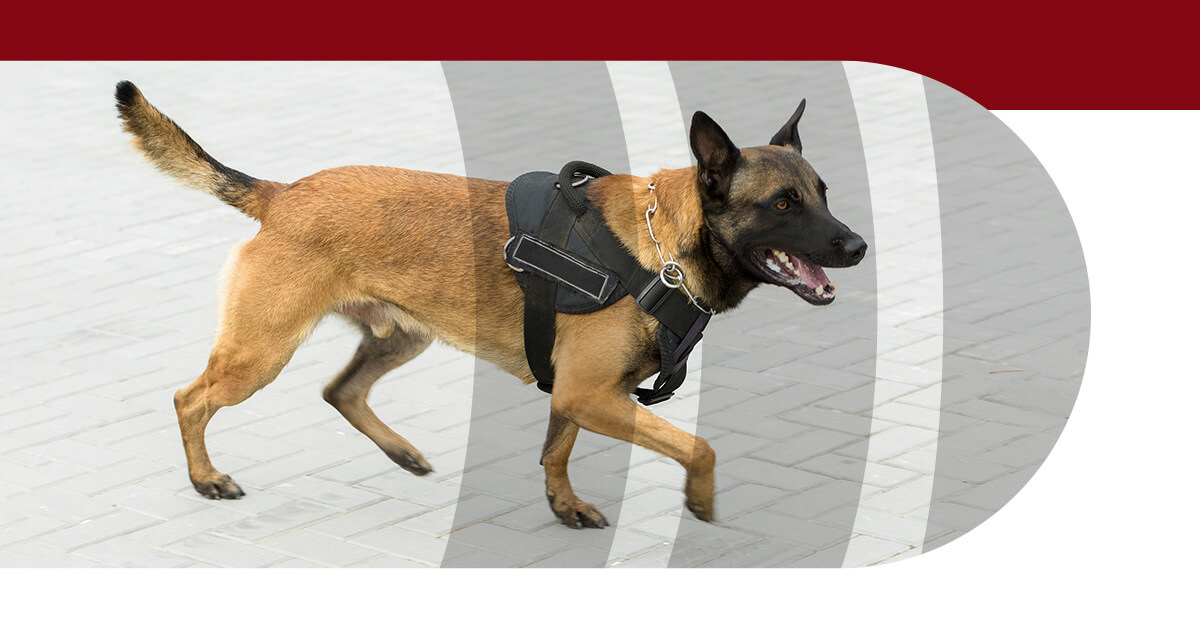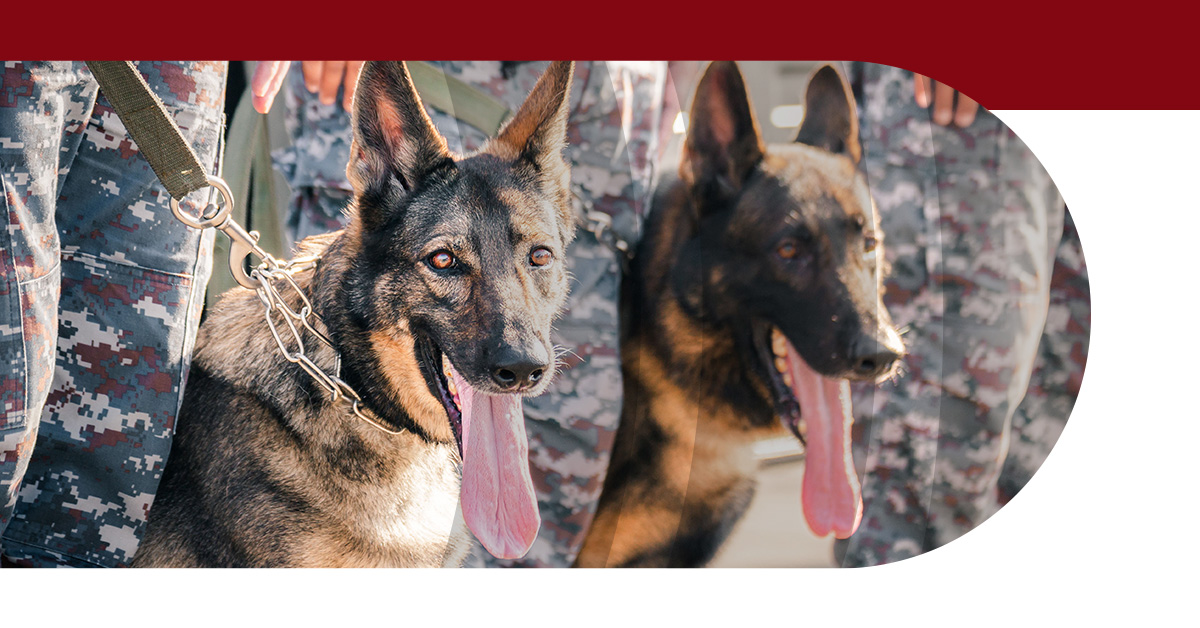News
5 Ways Guard Dogs Can Improve Home Security

On April 7, 2022, the United States lost a decorated military hero. His name was Damon.
Damon served in Afghanistan and Kuwait as an explosives detection and protection dog. He was expertly trained to protect his humans from threats and danger.
Damon is the perfect example of how a dog's instinct to guard benefits its human companions.
Guard dogs protect their humans' lives and property. As we see home burglary cases rise to more than one million per year we also see more interest in security dogs.
Cameras and alarm systems can only do so much. Would you like to add another layer of security to your home or business? Read on to learn more about guard dogs and the work they do.
1. Stop Crime Before It Happens
In law enforcement, the goal is to stop a crime before it even starts. You want thieves to decide that invading your property comes with too many risks.
But what deters criminals in the first place? It's not the alarm company sign in your yard or the obvious cameras.
People notice Beware of Dog signs at your home before they notice anything else. Even if your guard dog is not visible passersby might give your property a wide berth.
Even thieves might reconsider when they think a guard dog is on the other side of the fence.
And when your security dog is visible everyone will think twice before entering uninvited.
2. Their Size is Intimidating
Many people are wary of dogs. Almost everyone is wary of a large dog.
Burglars might think twice if they see a large dog at your home but some dogs are more intimidating than others.
German shepherds are the most recognizable of the guard dog breeds. Belgian Malinois, Rottweilers and Doberman pinschers are also familiar breeds in guard and protection work.
Other large breeds are well suited as guard and security dogs.
A livestock guardian dog's gentle appearance can be deceiving. The fluffy Great Pyrennes is a fearless protector. Giant schnauzers look a bit silly but they're tenacious at their tasks.
Size matters when it comes to guard dogs. When a criminal sees a large dog they'll back off. But a guard dog's size also needs to be backed up by training and action.
3. Guard Dogs Are Expertly Trained
A large dog on your property is a deterrent. But what happens when a criminal decides to take a chance?
Almost all dogs will bark at intruders or disturbances. And many dogs will bite when their territory is under threat. Dogs of all types behave this way.
Guard dog training enhances this behavior.
Guard dog training capitalizes on a dog's inherent tendencies. By using a reward system dogs learn to detect intruders and act in a specific manner. The guard dog may learn to corner an intruder or drive them away.
Guard dogs are also trained to ignore distractions. Loud noises and sudden activity won't take their focus away from their job. Even food won't distract a well-trained guard dog.
Speak to your dog trainer about the training methods best suited for your skill level as a handler. Better yet start basic handler training now so your skills match your dog's.
4. Guard Dogs Love Their Jobs
Almost all guard dog breeds fall under the AKC's working dog category. Working dogs are bred to enhance the skills needed for their particular job. Dogs that display superior skills pass these traits to their puppies.
Guard dogs don't only love their jobs they also need their jobs. A dog with a job is focused and reliable. Once trained they're often able to perform their tasks with minimal handler supervision.
But guard dogs and their humans are a team. Your guard dog can work by itself but also needs leadership. This helps ensure your dog can do its job while also receiving support and direction.
Working dogs also need motivation. Have you ever seen a drug detection dog at work? As soon as they identify the target they're rewarded. Usually, their reward is a ball and some playtime.
When dogs learn a reward-based system it's crucial they actually receive their reward. Rewarding your guard dog's desirable behavior motivates them to repeat it.
5. A New Member of the Family
Many people see guard dogs as a different species than pet dogs. But the heroic canine police officer you saw on the news doesn't sleep at the precinct at night.
The dog and his handler go home to their family.
Dogs are already inclined to protect members of their pack. The best family guard dogs defend the members of your household in the same way.
In some cases, it is recommended that one family member be the primary handler. This helps the dog learn to take direction and avoids confusion. The trainer will help the primary handler introduce the dog to other members of the family.
We have to remember that a guard dog is a working dog. Their focus is almost always on their job. But they're still dogs and love a good game of fetch at the end of the day.
Consider Guard Dogs for Peace of Mind
If you're ready to level up your home security it's time to consider guard dogs. Properly trained dogs for protection can detect and isolate threats long before your alarm system and cameras can. Plus your family will have a brand new friend.
Speak with a trainer today to learn more about the right guard dog for you.










